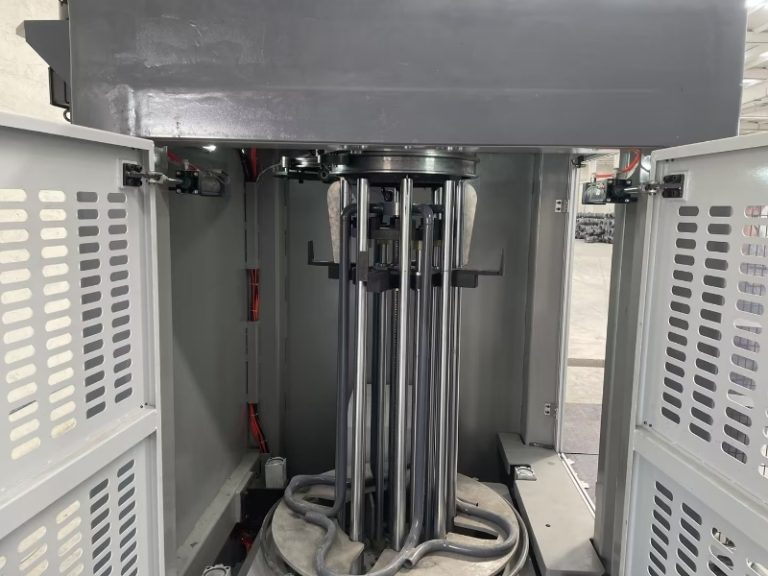How to Properly Maintain and Handle Aluminum Alloy Wire for Longevity
Aluminum alloy wire is a popular choice for various applications due to its lightweight, corrosion-resistant properties. However, in order to ensure its longevity and optimal performance, proper maintenance and handling are essential. By following a few simple guidelines, you can extend the lifespan of your aluminum alloy wire and avoid potential issues down the line.
One of the most important aspects of maintaining aluminum alloy wire is to store it properly. When not in use, it should be kept in a dry, cool environment to prevent corrosion. Moisture can cause the wire to degrade over time, so it is crucial to store it in a dry location away from any sources of water or humidity. Additionally, keeping the wire away from direct sunlight can help prevent any potential damage from UV rays.
When handling aluminum alloy wire, it is important to use the proper tools and techniques to avoid any unnecessary stress or strain on the material. Using tools that are specifically designed for use with aluminum alloy wire can help prevent damage and ensure a smooth installation process. Additionally, it is important to handle the wire with care to avoid any kinks or bends that could weaken the material.
Regular cleaning of aluminum alloy wire is also essential for maintaining its longevity. Dust, dirt, and other debris can build up on the surface of the wire over time, leading to potential corrosion or other issues. To clean the wire, simply wipe it down with a soft cloth or brush to remove any dirt or grime. Avoid using harsh chemicals or abrasive materials, as these can damage the surface of the wire.
In addition to proper storage, handling, and cleaning, it is important to inspect your aluminum alloy wire regularly for any signs of damage or wear. Look for any kinks, bends, or other deformities that could indicate a problem with the wire. If you notice any issues, it is important to address them promptly to prevent further damage and ensure the longevity of the wire.
Another important aspect of maintaining LLT-17/400 Aluminum Wire Breakdown Drawing Machine is to avoid overloading it beyond its recommended capacity. Each type of wire has a specific weight limit that should not be exceeded, as this can lead to premature wear and potential failure. Be sure to consult the manufacturer’s guidelines for the specific weight limits of your wire and avoid exceeding them to ensure its longevity.

In conclusion, proper maintenance and handling of aluminum alloy wire are essential for ensuring its longevity and optimal performance. By following these simple guidelines, you can extend the lifespan of your wire and avoid potential issues down the line. Remember to store the wire in a dry, cool environment, use the proper tools and techniques for handling, regularly clean and inspect the wire, and avoid overloading it beyond its recommended capacity. By taking these steps, you can enjoy the benefits of aluminum alloy wire for years to come.
Advantages of Using Aluminum Alloy Wire in Electrical Applications
Aluminum alloy wire is a popular choice for electrical applications due to its numerous advantages. In this article, we will explore the benefits of using aluminum alloy wire in various electrical applications.
One of the main advantages of aluminum alloy wire is its lightweight nature. Compared to copper wire, aluminum alloy wire is significantly lighter, making it easier to handle and install. This can be particularly beneficial in large-scale electrical projects where a significant amount of wire is required.
In addition to its lightweight nature, aluminum alloy wire is also highly conductive. While copper is known for its excellent conductivity, aluminum alloy wire is not far behind. This means that aluminum alloy wire can effectively carry electrical currents without experiencing significant voltage drops.
Another advantage of aluminum alloy wire machine is its cost-effectiveness. Aluminum is a more abundant material than copper, which makes it more affordable. This can result in cost savings for electrical projects that require a large amount of wire.
Furthermore, aluminum alloy wire is highly resistant to corrosion. This makes it an ideal choice for outdoor electrical applications where exposure to the elements is a concern. The corrosion resistance of aluminum alloy wire ensures that it will maintain its integrity and conductivity over time, even in harsh environmental conditions.

In addition to its corrosion resistance, aluminum alloy wire is also highly durable. It can withstand high temperatures and is less prone to damage from thermal expansion and contraction. This makes aluminum alloy wire a reliable choice for electrical applications that require long-term performance and stability.
Moreover, aluminum alloy wire is easy to work with. It can be easily bent, cut, and shaped to fit the specific requirements of a project. This flexibility makes aluminum alloy wire a versatile option for a wide range of electrical applications.
Another advantage of using aluminum alloy wire is its compatibility with aluminum connectors. This allows for seamless connections between aluminum wire and other components, ensuring a reliable and efficient electrical system.
Furthermore, aluminum alloy wire is environmentally friendly. Aluminum is a recyclable material, which means that aluminum alloy wire can be recycled and reused, reducing waste and conserving natural resources.
In conclusion, aluminum alloy wire offers numerous advantages for electrical applications. From its lightweight nature and high conductivity to its cost-effectiveness and durability, aluminum alloy wire is a reliable and efficient choice for a wide range of projects. Its corrosion resistance, ease of use, and environmental friendliness further enhance its appeal. Overall, aluminum alloy wire is a versatile and practical option for anyone looking to optimize their electrical systems.






